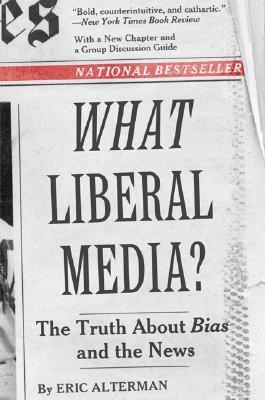What do you think?
Rate this book


357 pages, Paperback
First published January 1, 2003
With an advisory board featuring Jeanne Kirkpatrick, Irving Kristol, and Chester Finn, the organization presents itself as a champion of "intellectual renewal" and "academic standards" in the face of their perceived decline at the hands of leftist academics and fashionable post-modern theories that blur the verities of our time behind a facade of impenetrable professional vernacular. 251Um, excuse me? I'm sure that sentence means something, but I'm equally sure that I'm not going to spend the time to figure out what. And it's not just me being dumb, I swear. Hannah Arendt is one of my favorite writers ever. Go and check out The Human Condition. Long sentences, really confusing. And totally awesome. This guy, not so much.
For instance, his assertion that that [sic] the hope for welfare payments was the main source of illegitimacy among black teenagers posited no evidence for this claim and failed to explain why the rate of illegitimacy rose for everyone -- and not just welfare recipients -- after 1972, while the constant-dollar value of those welfare benefits declined by 20 percent. 90So there was this tendency to try and cram too much information into a sentence, which is sort of a microcosm of Alterman's tendency to try and cram too much information into the book. The depth and breadth of his research definitely came across, but it seemed like overkill at times. He made very salient points and then kept making them over and over again, with many more examples than I needed or wanted. I think "pedantic" is the word for this particular offense. The most glaring example is how he spends 4+ pages on Rush Limbaugh, whose douchebaggery should already have been exceedingly familiar to any reader.